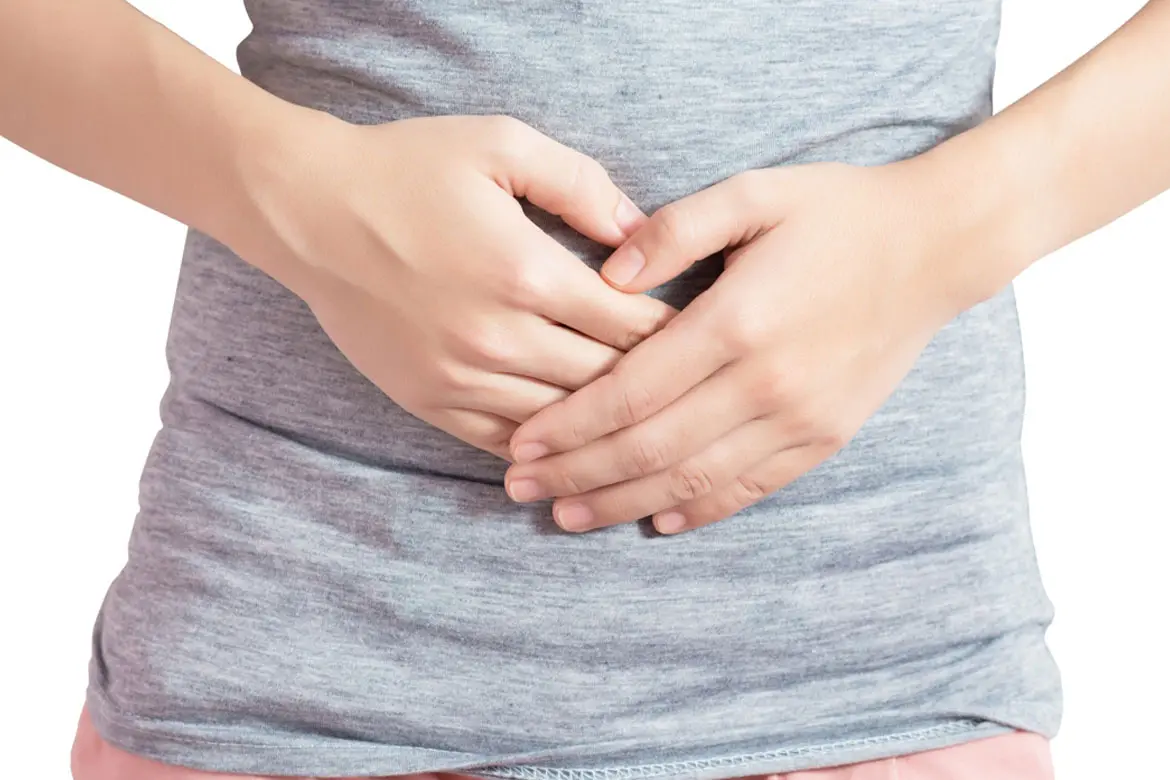

Source: Shutterstock
Period Pain: Should I Be Worried?
Last updated: Friday, May 14, 2021 | 5 min reading time
Discomfort during menstruation is not uncommon. However, severe period cramps or pain can signal a problem and may need further investigation by your gynaecologist.
Menstrual cramps
When it comes to that time of the month, it's common to experience some ache or discomfort, especially if you are young and you have had it since you started having your menses.
However, severe period cramps are not normal. They can signal an underlying condition – one that may impact your fertility.
Get it checked by a doctor – one of these could be causing your abnormal period pains.
Gynaecological conditions that may cause period pain
Ovarian cysts
Ovarian cysts: Fluid-filled sacs within the ovary. They often show no symptoms. Some may affect fertility and a large ovarian cyst can cause abnormal discomfort.
Uterine fibroids
Uterine fibroids: Growths in the uterus which may sometimes affect fertility. They often come without symptoms.
Endometriosis
Endometriosis: It's when the lining of the womb gets displaced outside the uterus, where it shouldn't be. This makes the organs scar and stick together, causing pain and problems getting pregnant.
Pelvic inflammatory disease (PID)
Pelvic inflammatory disease (PID): Infection that starts from the vagina and spreads to the uterus, fallopian tubes or ovaries. May damage the reproductive organs if left untreated.
Adenomyosis
Adenomyosis: It's when the lining of the womb grows into the uterus wall. This can make the womb swell, and cause painful periods and heavy bleeding.
Worrying signs of abnormal period pain
Prolonged period pain
In some women with a condition called secondary dysmenorrhea, their period pain worsen over time and often lasts longer than normal period pain.
The pain may begin a few days before a period starts, worsen as the period continues and may not go away after it ends.
Severe period pain that disrupts your normal life
Between 5 – 20% of women experience severe period pain that interferes with their daily life.
If your pain is so intense that you regularly miss work or school, that may be an indication that something much more serious is going on.
Pain in the pelvis or abdomen
Experiencing ache or pressure in your pelvis or lower abdomen/back, even at times outside your period may signal a problem.
Severe abdominal or pelvic pain may indicate something more serious, such as an ectopic pregnancy, toxic shock syndrome or even appendicitis.
Period cramps that last too long
Bleeding during menstruation varies from woman to woman but typically lasts between 2 – 7 days. However, it is not normal to have bad period pain throughout this time.
Period cramps that last more than 2 – 3 days (with pain sometimes happening outside the menstrual period) should be further checked for other possible issues.
Heavy and prolonged menstrual bleeding
Abnormally heavy or prolonged menstrual bleeding is a condition that is known as menorrhagia. Women who have this condition can't maintain their daily activities because they experience so much blood loss and cramping.
Symptoms of this condition include soaking through multiple sanitary pads throughout the day and needing to wake up at night to change their pads. There is also a feeling of tiredness, fatigue or having shortness of breath.
Other symptoms
You may experience other related symptoms such as:
- Unusual spotting between cycles
- Nausea or diarrhoea accompanying your cramps
- Bloating
- Fever
- Irregular periods
- Pain during sex
Dysmenorrhea: Painful Periods. (2020, December) Retrieved April 24, 2021, from https://www.acog.org/womens-health/faqs/dysmenorrhea-painful-periods
6 Signs Your Period Cramps Are Not Normal. (2020, April 20) Retrieved April 24, 2021, from https://www.verywellfamily.com/signs-your-period-cramps-are-not-normal-1959947
Menorrhagia (Heavy Menstrual Bleeding). (2020, July 01) Retrieved April 24, 2021, from https://www.mayoclinic.org/diseases-conditions/menorrhagia/symptoms-causes/syc-20352829
6 Signs Your Period Cramps Are Not Normal. (2020, April 20) Retrieved April 24, 2021, from https://www.verywellfamily.com/signs-your-period-cramps-are-not-normal-1959947
Menorrhagia (Heavy Menstrual Bleeding). (2020, July 01) Retrieved April 24, 2021, from https://www.mayoclinic.org/diseases-conditions/menorrhagia/symptoms-causes/syc-20352829
 Brain & Spine Care
Brain & Spine Care








